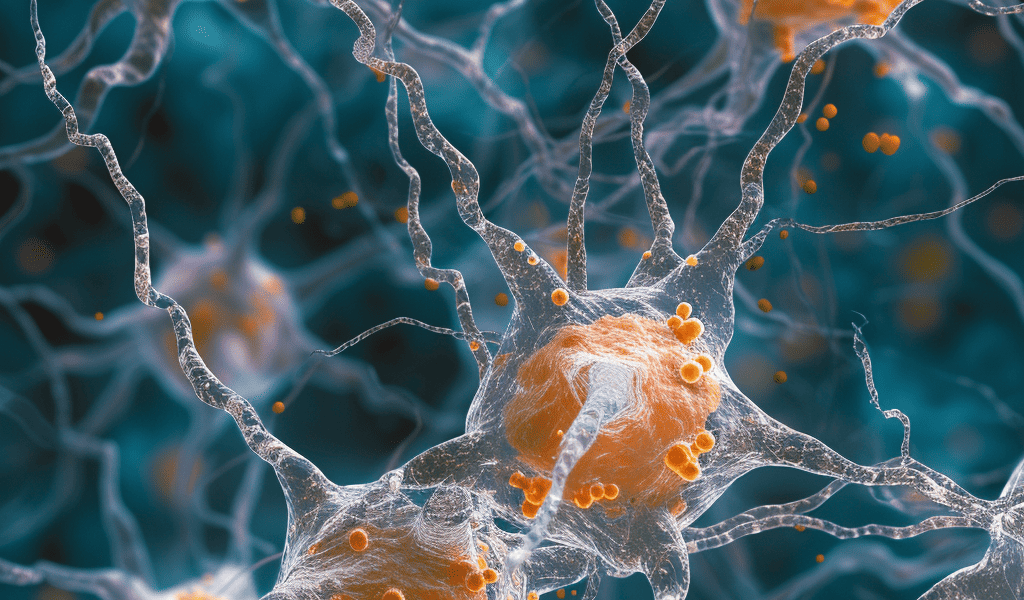Scientists at Scripps Research have developed a groundbreaking technology that allows them to track the ‘off switches’ of brain cells, shedding light on the process of inhibition in the brain. This innovative approach provides a new avenue for studying normal brain function, as well as potential dysregulation in diseases and disorders.
The research, published in Neuron under the title ‘Phosphorylation of pyruvate dehydrogenase inversely associates with neuronal activity,’ reveals the crucial role of inhibition in regulating brain activity. Dr. Li Ye, the senior author of the study and professor at Scripps Research, emphasized the significance of understanding neuronal inhibition, stating, ‘It’s generally agreed that the inhibition of neurons is really the major way the brain is regulating activity.’
Collaborating with Professor John Yates, the scientists employed optogenetics to analyze the changes in brain cells during active firing and subsequent inhibition. Their focus on the protein pyruvate dehydrogenase (PDH) unveiled rapid alterations following the cessation of neuronal firing. Dr. Ye explained, ‘When neurons are firing, you need a lot of energy, and this PDH protein is involved in producing that energy. But the brain really wants to conserve energy, so when a cell is done firing, we found that the brain rapidly shuts off the PDH protein.’
The researchers discovered that the brain accomplishes this shutdown by adding phosphates to the PDH protein, effectively deactivating it. Notably, they identified antibodies that specifically recognize the inactive, phosphorylated form of PDH (pPDH), offering a potential biomarker for tracking neuronal inhibition.
This groundbreaking technology not only provides valuable insights into the mechanisms of neuronal inhibition but also opens new possibilities for studying the impact of dysregulated inhibition in various neurological conditions. Dr. Ye highlighted the broader implications of the research, stating, ‘Our findings offer a new way to study not only the normal functioning of the brain, but how the brain’s “off switches” may go awry in normal behaviors as well as in diseases and disorders.’
The study’s findings have significant implications for advancing our understanding of brain function and neurological disorders, offering a promising avenue for future research and potential therapeutic interventions.





